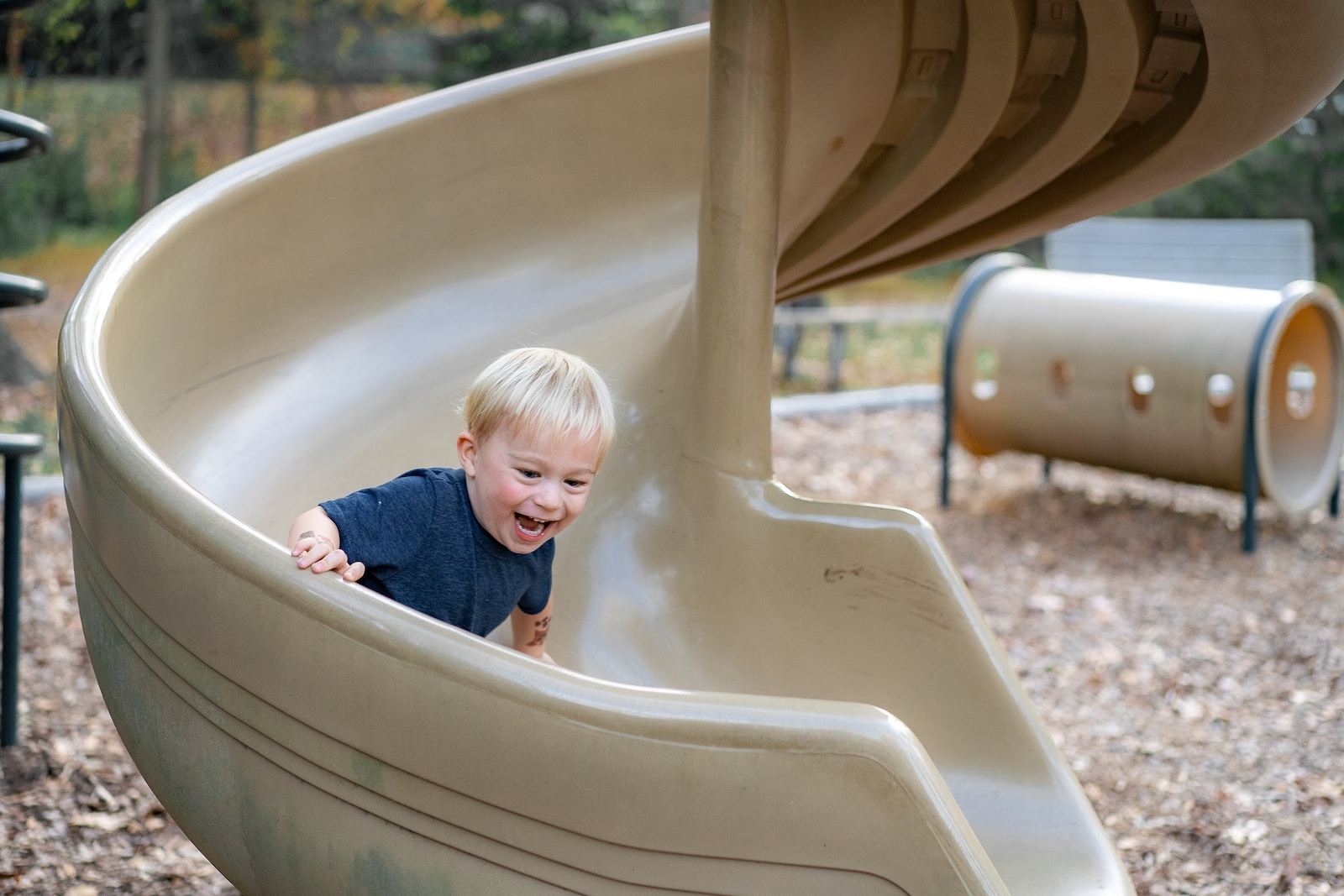Abstract
Objective: We assessed changes in social skill development, problem behaviors, and academic competencies with an acute implementation of an activity-zoned playground (AZP) during recess.
Methods: Third- and fifth-grade students (N = 116) from 2 midwestern elementary institutions were selected to wear an accelerometer at recess and have their teacher complete a pre- and post-intervention assessment of the Social Skills Improvement System (SSIS). We measured physical activity (PA) using Actigraph-GT3X accelerometers for 4 continuous weeks: one week of baseline, 2 weeks of activity zone intervention, one week of post-intervention with activity zone removal.
Results: The AZP intervention was effective at increasing MVPA with decreases in sedentary activity during recess for third-grade students whereas fifth-grade students showed no significant change in PA (ps < .001). Furthermore, third-grade children improved their social skill scores by 3% (p = .003), but no change in social skill behavior was noted for fifth-grade students (p = .73); we detected no differences in problem behaviors or academic competence (ps > .05).
Conclusions: Activity-zoned playgrounds can improve PA engagement and can lead to improvements in social skill development without worsening problem behaviors, especially in younger students.
DOI:
Journal: Health Behavior and Policy Review
Year: 2024



